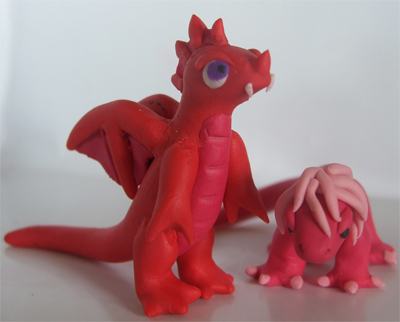- Home
- play-skills
Using Play Skills to Help Your Child’s Mental Health
What I mean by play skills is responding to your child in a certain way that’s intended to give them mental space to
- explore and replay their concerns
- make sense of life
- meet some of their own emotional needs.
To do this, you simply follow your child’s lead! What could be simpler??
Well, it’s actually quite hard not to intervene. But what your child needs to do is quite often connected to what’s happening for them at the moment.
So it’s probably a more effective technique to not intervene than to ask them over and over, “What’s worrying you? What happened at school?” We all know how they simply "don't know"!
Everyday circumstances throw up lots of challenges for children:
- in the home
- at school
- new adults in their life
- arrival of a baby
- changing homes
- too much online exposure etc
Your child simply needs space to sort this into some kind of mental framework that they can better cope with.
Later, if they’ve sorted things out “well enough” along the way, they’ll adjust to new events without feeling destabilised by earlier “unsorted” ones zooming around in their heads.
Another thing is that today’s children live in a noisy speedway with little time for quiet. So they benefit hugely from the chance to turn into a cul-de-sac and gather their thoughts.
They do it better with you there. That’s because their play time/thinking time in the cul-de-sac gains in importance if it has your attention! Their concentration lasts longer too.

The play skills “cul-de-sac”
The cul-de-sac is, in this case – as I explained briefly in the strategies section – a special time of, say, 10-30 minutes each week on the same day. Tell your child this time is for them and you to play as they wish with specific toys from a reasonable selection.
Please don't think you need to go out and buy special things, but if you want to know what works well, I list some staples of good, lasting toys here – you probably have many of them already.
It’s helpful to have a special area for this activity, too. Like the floor in the living room or an area marked out by the bedroom rug. That sort of thing.
According to your child’s age, you could get them to choose a name for this time to make it special. And to prove it’s special, you would, of course, leave off veg peeling till later and turn your mobile off!
How to use play skills in this way
1 Comment on what’s happening.
- “Wow, chimp is stamping hard on snake.”
- “You're painting that ball bright red”
- “You're stuffing all those people into the bath.”
This raises awareness of what they're doing without pushing them on (the temptation is to ask why chimp is stamping or to suggest they add stripes to the ball, or whatever).
2 Also, observe and reflect back to them the emotion being expressed.
But keep to your child’s story. If your child says angry words to a plastic figure, it’s good to say, “You sound really angry with that person.”
But if they make the tiger cower behind a wall of sand, then you’d be better to say, “Tiger looks frightened.”
That’s because your child hasn’t been angry – they’ve made tiger show anger.
When they’re good and ready, they’ll accept it’s their own (or someone else’s) anger rather than the tiger’s!
It’s just about letting them do things how they need to do them. And maybe it’s safer for tiger to be angry right now, anyway!
Don’t try to be perfect!
It’s actually quite hard to limit yourself to using these play skills – commenting only on actions and feelings, so don’t worry at all about getting it wrong. You're a parent not a therapist.
Your child is benefitting from the play and your concentrated watching. It makes play important – and play is their work, actually!
Lots of evidence proves that your child is empowered by your interest and the importance you give their choices.
Of course, their choice might sometimes be to involve you in role play – so have a few voices at the ready.
And if they haven’t told you what to do, well, either wait till you’re told, or ask something like: “Do you want me to run away?” “Shall I put it here?” (If it spoils the flow, whisper out of the corner of your mouth, like an aside!!)
It’s luckily not a Britain's Got Talent contest that you have to win. So, just for a short while, you don’t have to know what to do or be clever. Just follow your child!
If you can manage to allow your child to play in this way and express real feelings – with you taking an interested part in the proceedings without suggesting or judging – they’ll work through troubling events and anxious moments, and reorganise their world.
And then they’ll move out of that cul-de-sac onto the speedway again, with raised self-esteem and a greater ability to cope. That's why parents knowing how to use these play skills is just so important!

